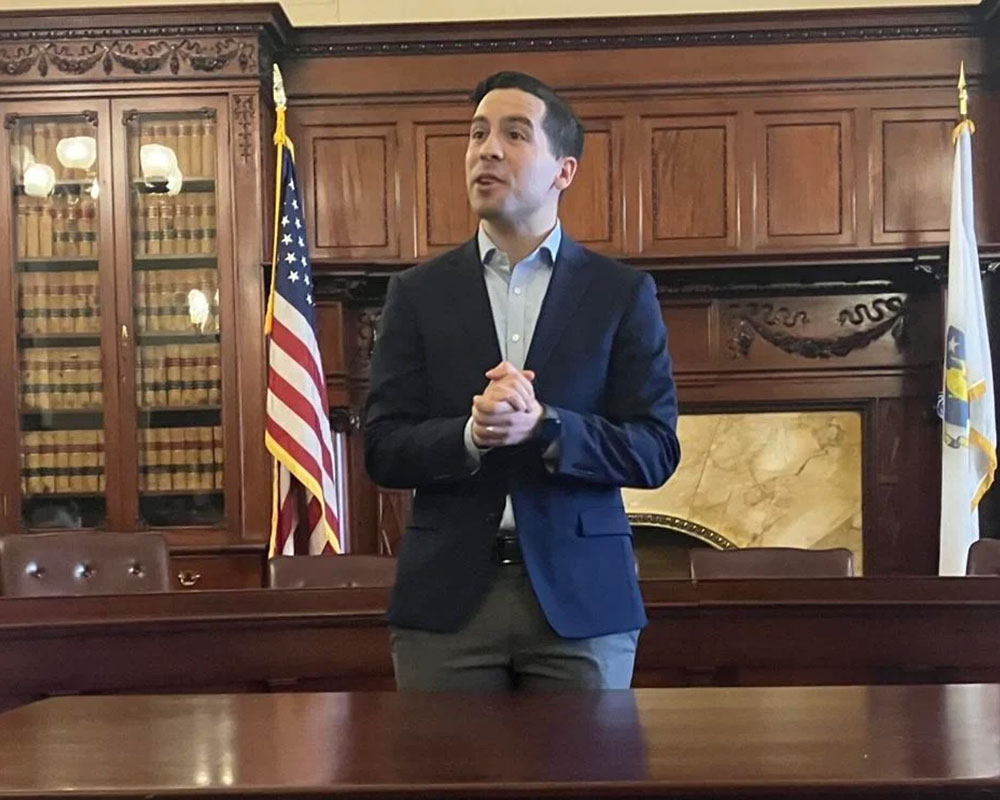In a bid to address economic disparities and support low-income households, Representative Andy X. Vargas of Haverhill, Massachusetts, is championing the expansion of the state Earned Income Tax Credit (EITC) to include immigrants currently ineligible due to their immigration status. Vargas, alongside immigrant advocates, is pushing for this expansion to be included in the fiscal 2025 budget.

The proposed expansion aims to extend benefits to approximately 21,000 to 26,000 households that are currently excluded from the EITC due to their immigration status. Immigrant workers, though required to pay taxes using IRS-issued individual taxpayer identification numbers, cannot claim the credit without a Social Security number. Moreover, households with mixed immigration statuses are also ineligible for the tax credit.
If approved, the policy would grant eligible households varying amounts, with single filers receiving $240, and married couples with three or more qualifying children receiving up to $2,972. Advocates argue that expanding EITC eligibility can significantly improve health and education outcomes for children in qualifying families, leading to healthier birth weights and increased likelihood of high school graduation and college attendance.
Despite concerns about the associated costs, estimated between $22.6 million to $28 million, supporters assert that the state can afford this investment. Charlotte Bruce, a senior research and policy analyst at Children’s HealthWatch, emphasized that the proposed expenditure pales in comparison to the state’s overall budget and would address a significant inequity.
Advocates stress that ensuring fairness in the tax system is crucial for Massachusetts to remain an attractive destination for workers contributing to the economy and supporting their families. The initiative has garnered support from various quarters, including the legislative Black and Latino Caucus, with Vargas, the caucus vice chair, vowing to continue pushing for its implementation.
The proposed expansion of the EITC aligns with efforts to mitigate poverty and improve economic opportunities for marginalized communities in Massachusetts. As discussions around the fiscal 2025 budget unfold, the inclusion of this provision holds the potential to positively impact thousands of immigrant households across the state.